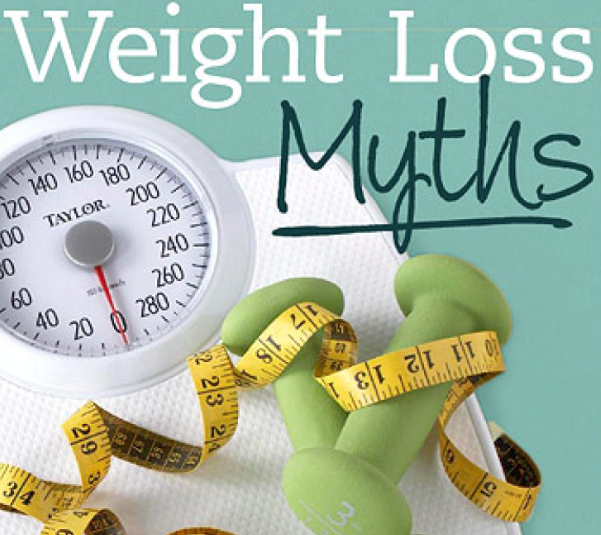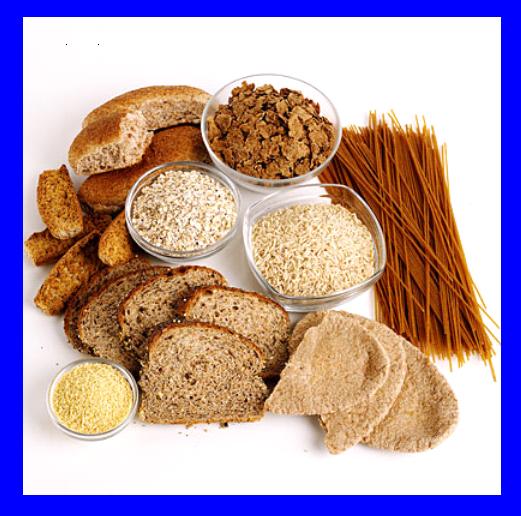 More Americans are overweight today than ever before. In fact, the ‘American Diet,’ as it has been dubbed in recent years, is loaded with fattening foods and fattening habits that have led to our nation’s highest rate of obesity. Yet losing weight tops the list of not only New Year’s resolutions, but nearly every other wish list imaginable. But what does it take to lose weight? And why is such a difficult, even elusive, prospect for so many of us? Perhaps the answer lies in the facts and myths about the prospect of losing weight itself. For instance, did you know that not all calories are equal? It’s true. When you’re planning out how many calories you plan on consuming on your new weight loss program, it’s important to know that not all calories are created equal. There are a number of other important myths to discover about losing weight, and until you learn them, you’ll likely ride that roller coaster of weight loss for a long time. Following are top health tips about the myths of losing weight that will aid you in your journey to a more healthy weight.
More Americans are overweight today than ever before. In fact, the ‘American Diet,’ as it has been dubbed in recent years, is loaded with fattening foods and fattening habits that have led to our nation’s highest rate of obesity. Yet losing weight tops the list of not only New Year’s resolutions, but nearly every other wish list imaginable. But what does it take to lose weight? And why is such a difficult, even elusive, prospect for so many of us? Perhaps the answer lies in the facts and myths about the prospect of losing weight itself. For instance, did you know that not all calories are equal? It’s true. When you’re planning out how many calories you plan on consuming on your new weight loss program, it’s important to know that not all calories are created equal. There are a number of other important myths to discover about losing weight, and until you learn them, you’ll likely ride that roller coaster of weight loss for a long time. Following are top health tips about the myths of losing weight that will aid you in your journey to a more healthy weight.

Most Americans get very little nutrition in their daily diets. According to the President’s Council on Fitness, the typical American diet exceeds the recommended intake limits in four categories, including fats and added sugars, sodium, saturated fats, and refined grains. It also reports that most Americans eat less than the recommended amounts of fruits and vegetables, and 90% of all Americans eat more sodium than what is recommended for a healthy diet. However, perhaps what is most shocking is that the average calorie consumption has increased by 600 calories per day in the past four decades! If one of your goals this year is to eat a healthier diet, here are some tips for living a healthy life that will help you make better decisions every day from here on out so that you can look forward to a long and healthy future.

You’ve likely been hearing it for decades… there are bad carbs and there are good carbs. But what does it mean? Are the bad carbs really that bad? And, perhaps even more important, are the good carbs really that good? The answers to both of these questions are, quite simply, yes. Bad carbs are pretty bad for you, and good carbs, well, they’re not just good… they’re great. In fact, when it comes to daily health tips, the differences between good carbs and bad carbs are clear. That’s why it’s important to learn some of the differences, and especially important to learn why good carbs are so important to your overall health. Here’s more information from health experts about why good carbs are so important to your health, and why it’s important to include them in your daily diet.

